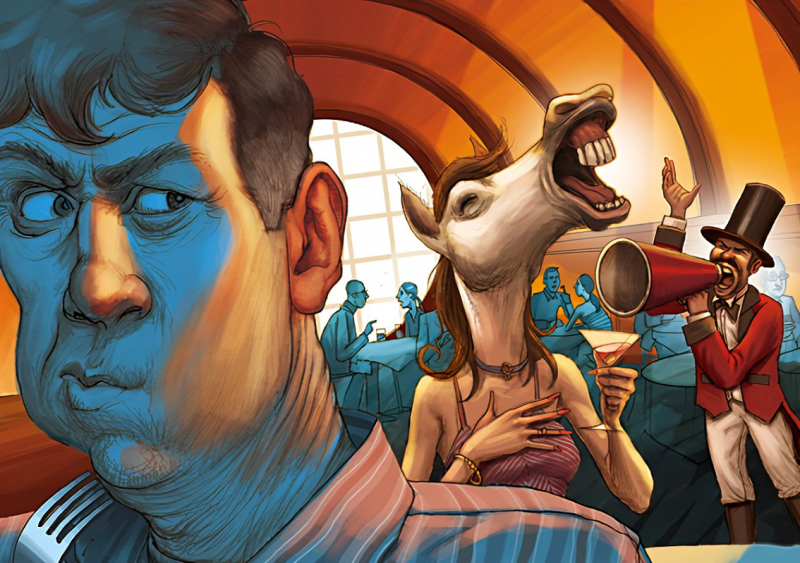Sluggish Schizophrenia
The majority of individuals are at least vaguely familiar with what schizophrenia is. Unfortunately, the majority of people frequently relate this disease to the idea of being "crazy." Delusions, auditory and visual hallucinations, behavioral problems, disordered thinking, and other symptoms can all be signs of it. It can severely restrict or even obliterate a person's capacity to function. In spite of this, you might not be as familiar with sluggish schizophrenia.
The Soviet Union saw the most diagnoses of sluggish schizophrenia, which was used more as a political weapon than as a real mental illness. Imagine that a medical professional determines that you have schizophrenia and are a risk to both yourself and others. Either get medicated or go to a facility. The implications of that could make you feel really anxious.
You could be inclined to argue that you don't have any symptoms in order to defend yourself. Slow schizophrenia, though, got over that protection. Although you don't now have any symptoms, experts could accept that they could develop in the future. Either lock you up or medicate you right now. It provided a practical means of getting rid of those who presented political difficulties for those in authority. Among other abuses, victims of the diagnoses were subjected to harsh treatments without anesthesia or sometimes coerced into insulin comas.












